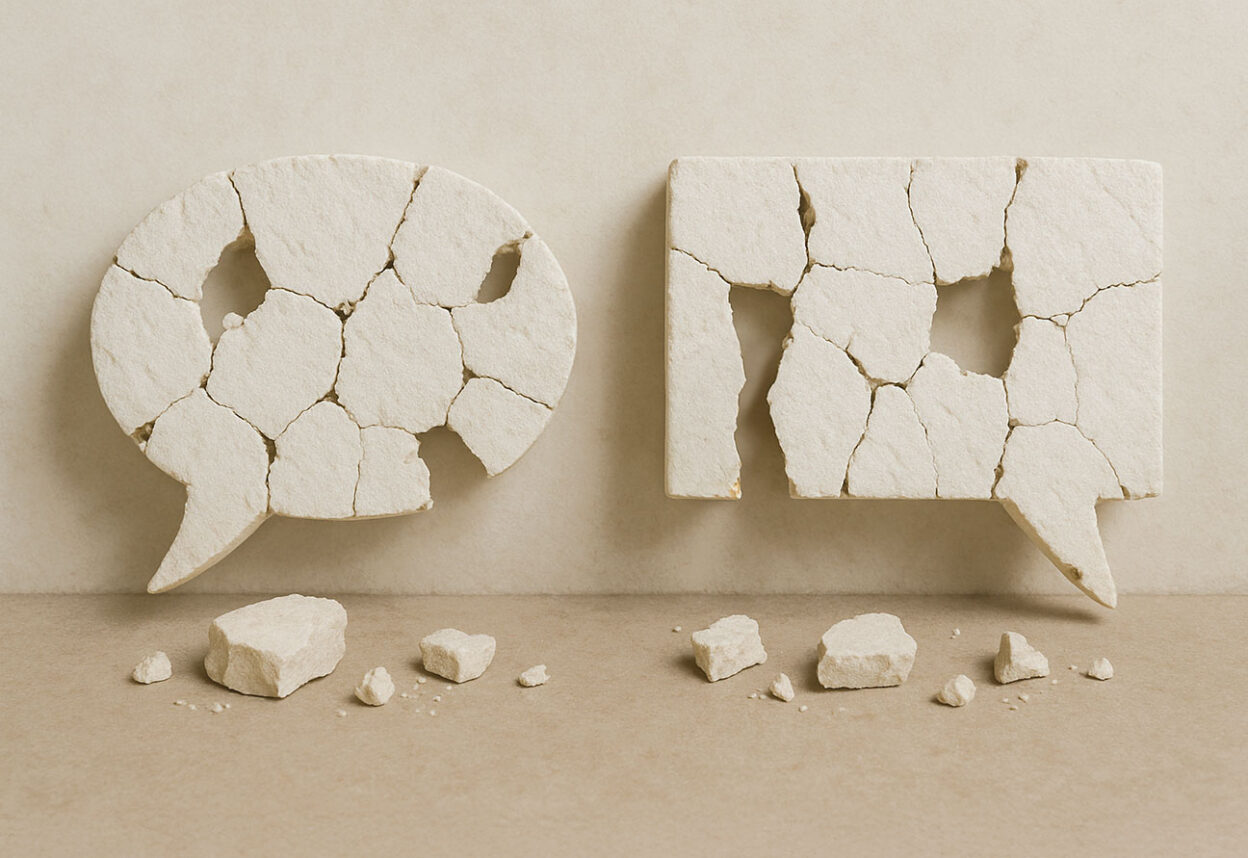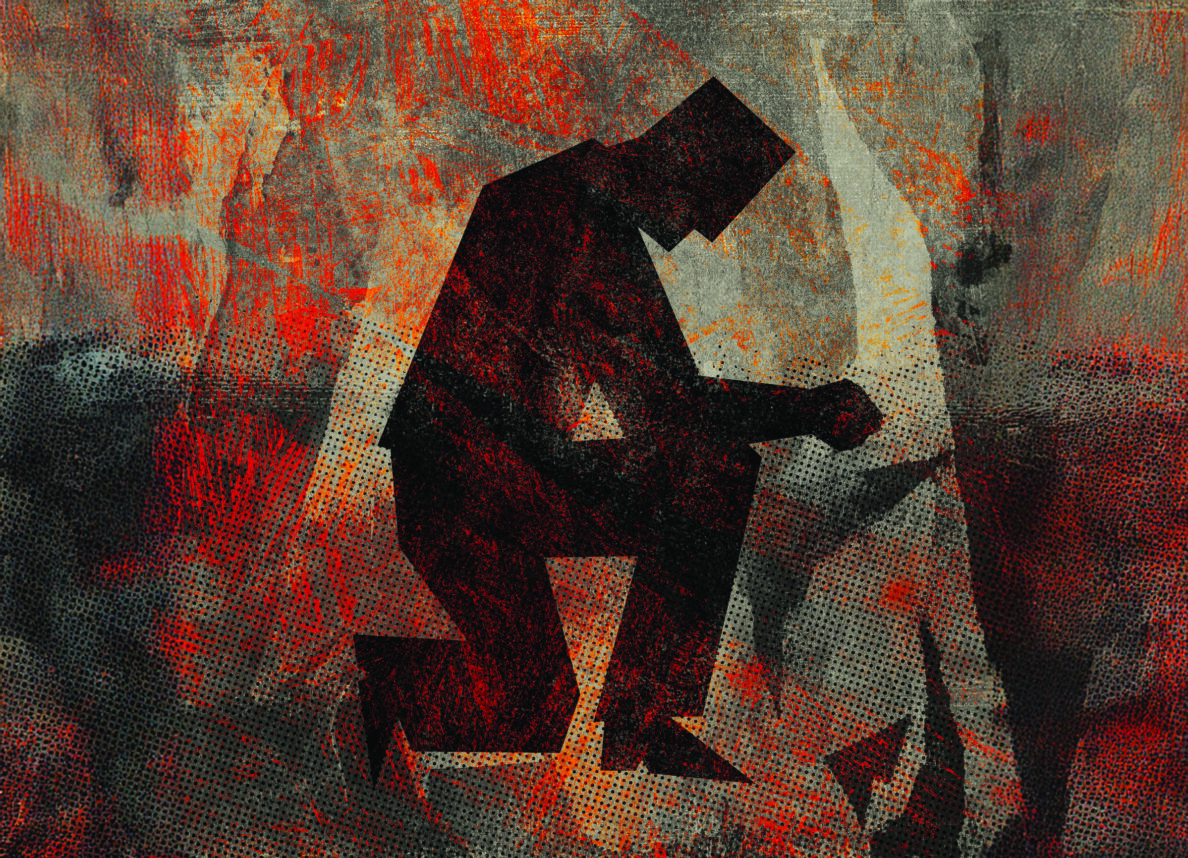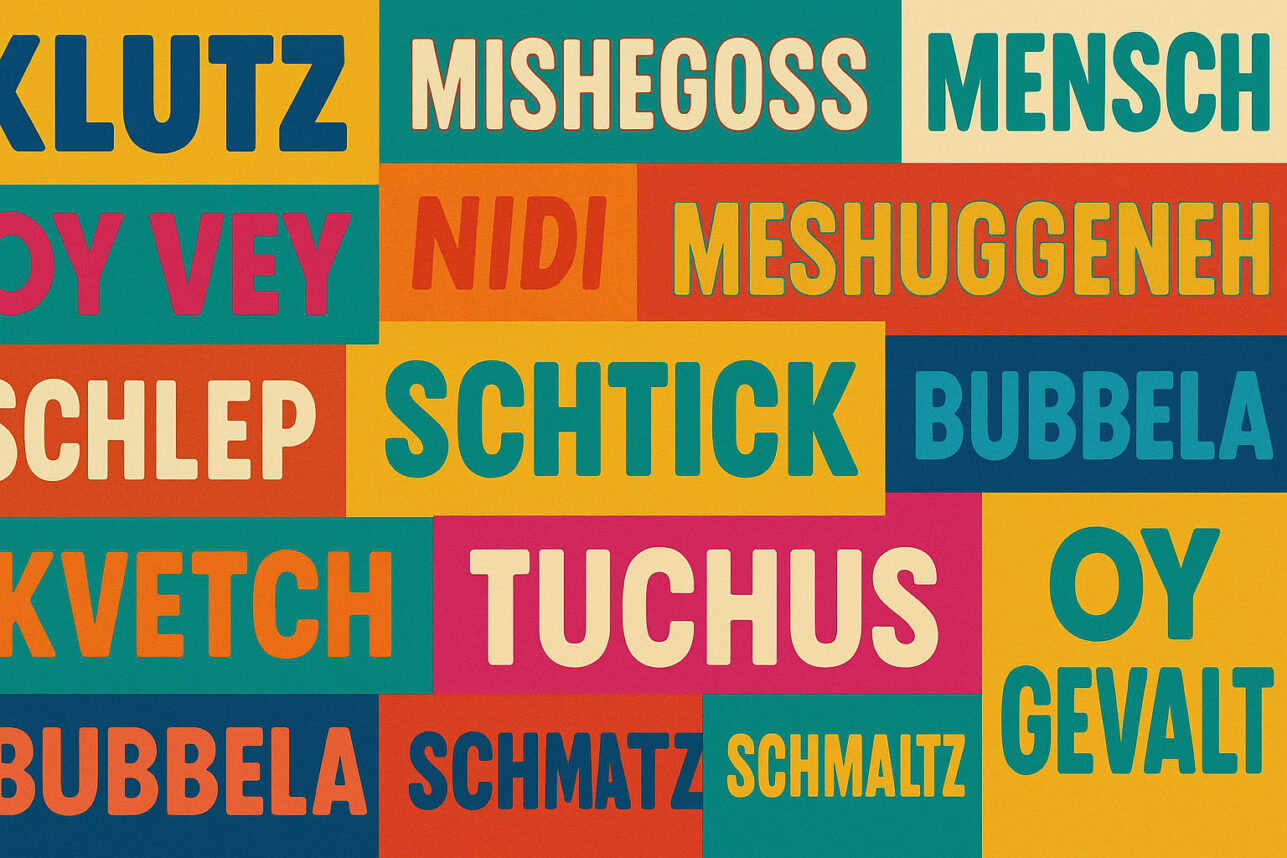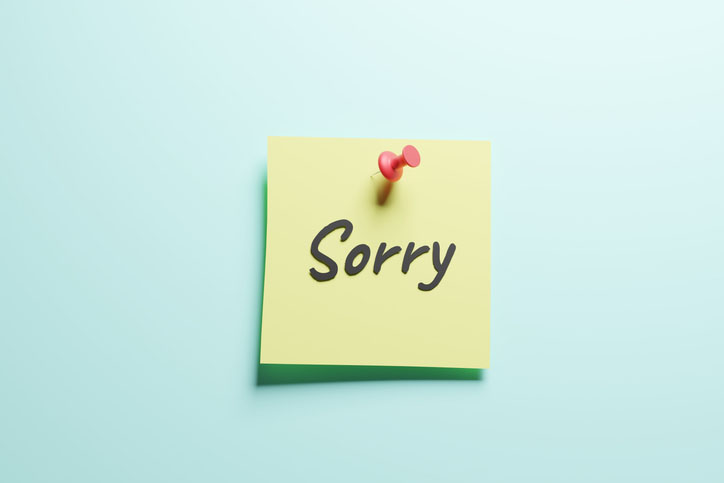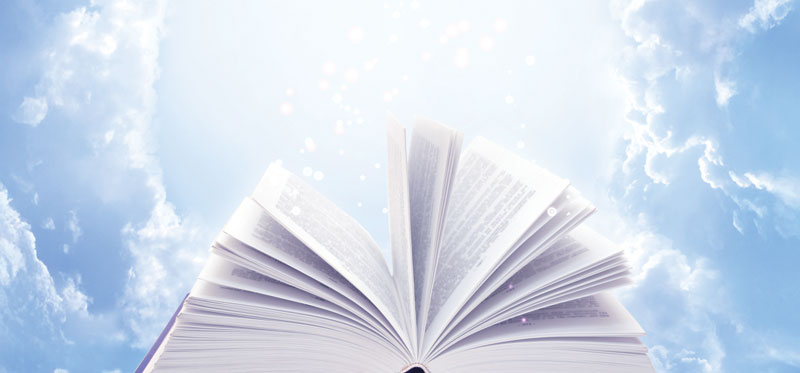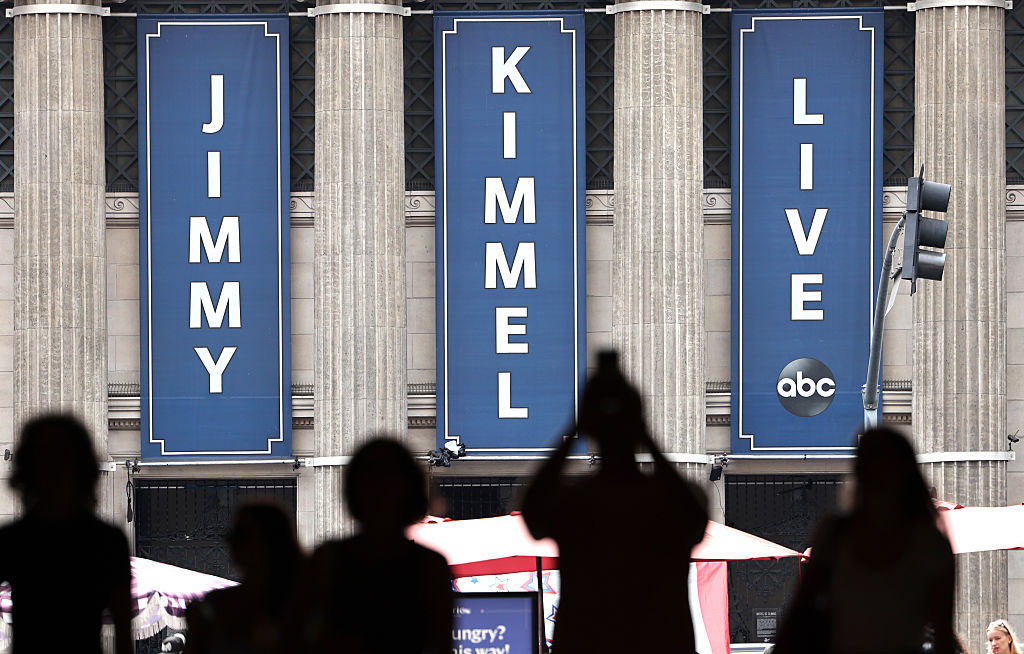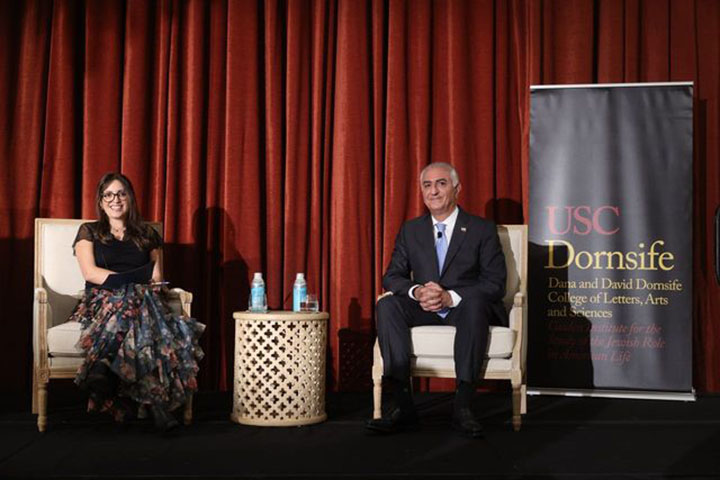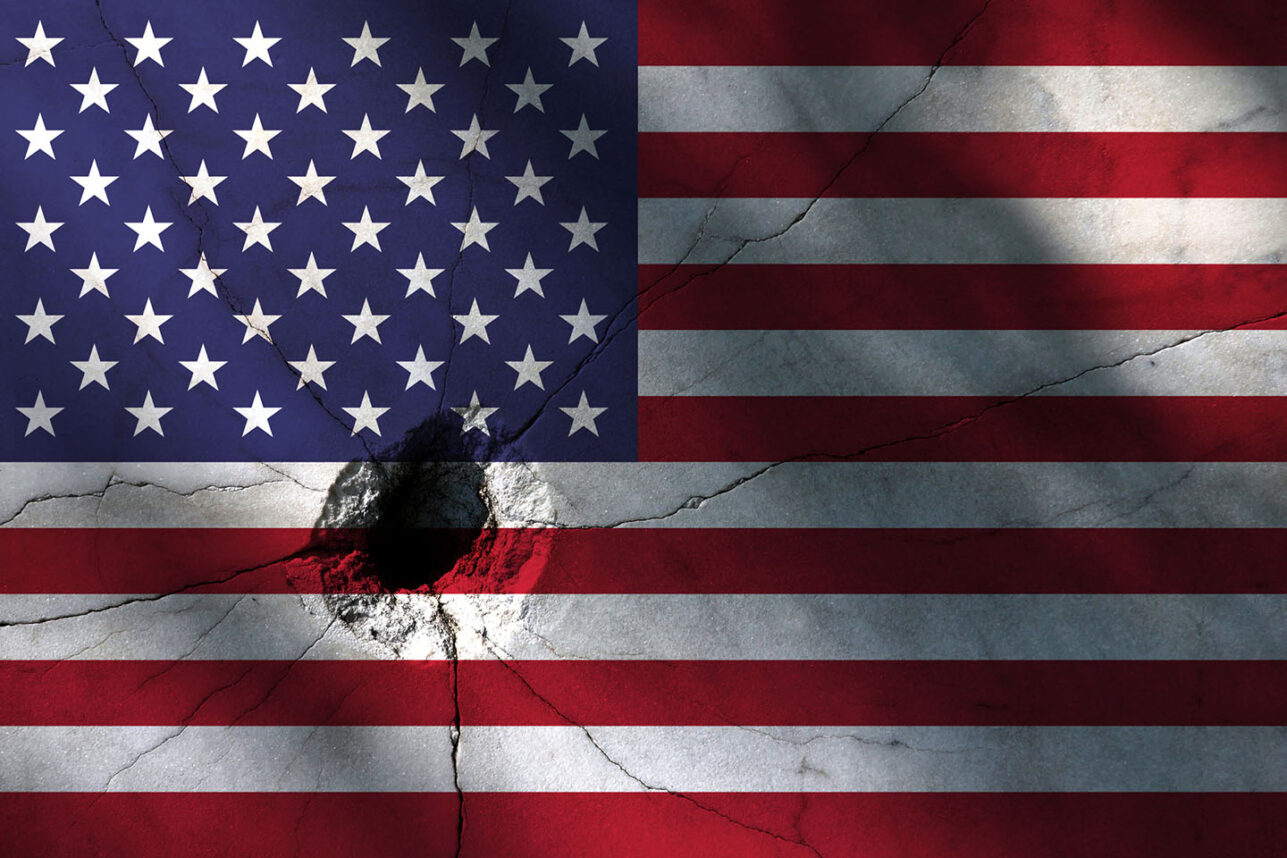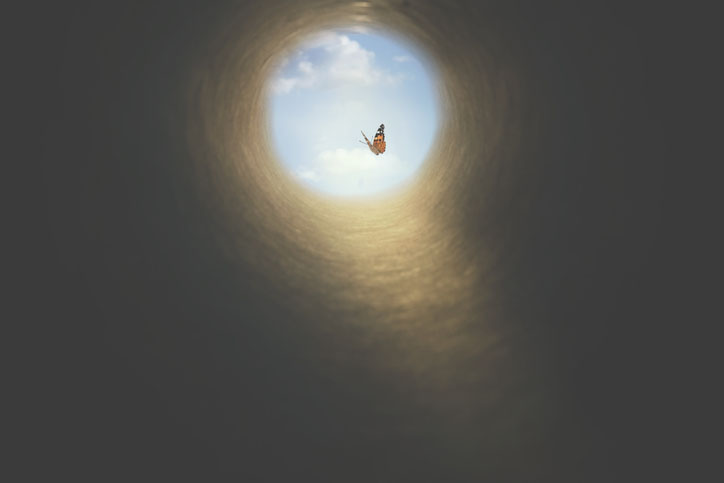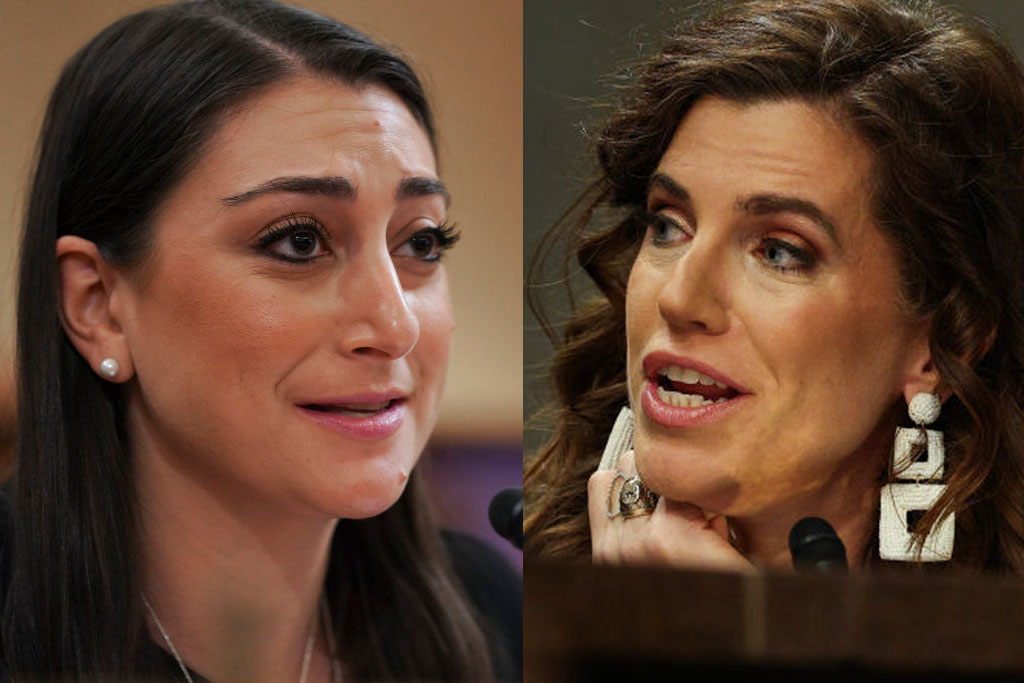Let’s enter the realm of color symbolism—not skin color—and what in the Middle Ages were called “the humors.”
Despicable Donald’s orange coiffure bodes ominously this presidential election year. In Irish folklore, the whistle of the blackbird at dawn warned of rain and mist for the coming day. Bottom in Shakespeare’s A Midsummer’s Dream sings: “The ouzel cock so black of hue with orange tawny bill . . .”
Let’s note the New Agers who argue that “the orange Halloween pumpkin originally a totemic symbol for the red-haired Protestant movement.” Of course, red-headed Jews also have a very mixed folkloric reputation. Medieval Catholics were sure that Judas’ hair was red. Medieval prejudices may sometimes unintendedly hit the mark in modern times. The once red-headed, not gray-haired David Duke—Trump recently pled ignorance about him asking “David Who?”—has just announced his pro-Trump campaign for the U.S. Senate from Louisiana.
Now, since The Donald likes to makes fantastic, fabulist jumps, let’s make our own. Make the move from his orange hair to his temperament in terms of medieval humoral pathology—i.e., bright red— signifying the choleric, irascible, dark side on display most recently in his acceptance speech at the GOP Convention in Cleveland. (Having surrendered our NATO allies to Putin in an interview with the New York Times a day before, Trump could not stay on a coherent message for even 24 hours, veering off into yet another paranoid tirade against Ted Cruz the day after delivering his acceptance speech.)
There are mild-mannered red heads. My father had a glorious shock of red hair in 1941 before he lost it all after serving four years in the South Pacific. My red-haired dad, alas not much of a businessman, had the temperament to make a benign president. Not so the Orangefuhrer.
Let’s end with a more prosaic application of temperament to presidential politics. The political guru Michael Barone—in a piece asking “Is America Ready for a Disruptive President?”—answers somewhat positively that “disruption” is very much in the American tradition, citing the Revolutionaries against King George. I guess he preferred that example to the example of the disruptive generation that brought on the Civil War’s mutual bloodletting.
As Barone should well know, there is a disjunction in American history between two things. On one side is an acceptance (albeit sometimes with reservations, as currently re “globalization”) of what the Austrian economist Joseph Schumpeter called capitalism’s “creative destruction”—ushering in new ways of doing business and technologies for old. On the other side of this acceptance of economic change and even instability is a commitment to political stability under established democratic rules of the game. American economic history may glorify “disruption,” but not American political history—with some exceptions that are usually not pretty (which is why the adoption of the stabilizing Constitution was necessary after the disruptive Revolutionary era including a terrible seven-year war).
Trump wants to be accepted—no questions asked—as The Man on Horseback booting out the established political rules of what he calls “a rigged system.” Similar argument were made by those who voted for Hitler in the early 1930s, burying the democratic Weimar Republic.
To paraphrase Winston Churchill, Americans who think that our democracy has become a corrupt, bad form of government have their reasons, but they should wait to see if they really like what they will get under a Trump soft fascist dictator-lite rule.











